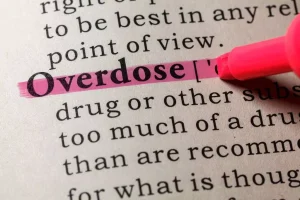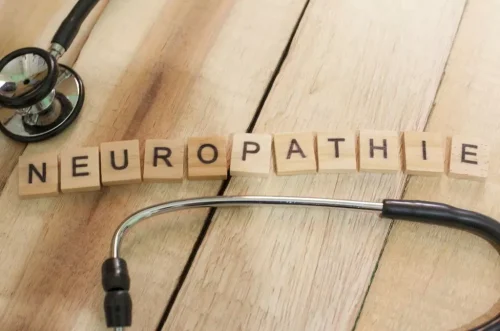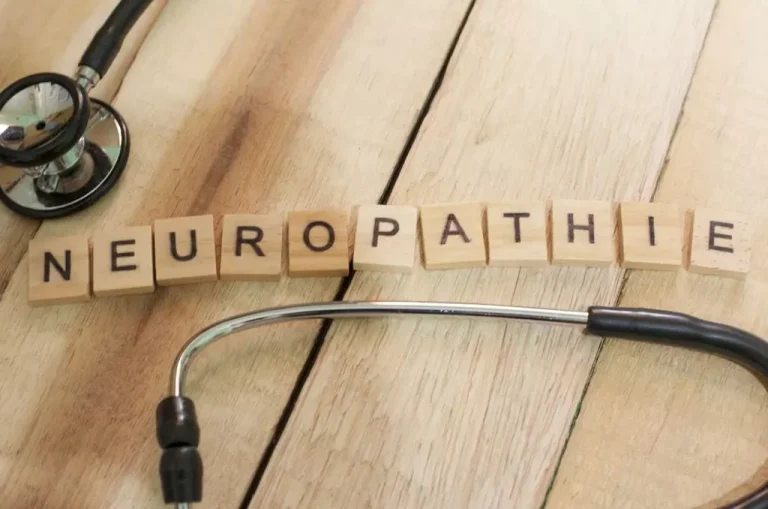
Online addiction support groups are designed to help members successfully manage their recovery from alcohol abuse or substance use disorder. These “sober clubs” have been found to improve treatment engagement while also positively affecting alcohol or drug cravings and increasing participants’ beliefs that they can achieve their goals. In addition to studying a larger number of offenders, we hope to explore an innovative intervention designed to improve outcomes for these residents in terms of employment, arrests, and other areas. Our intervention modifies motivational interviewing to address the specific needs of the offender population (Polcin, 2006b). Specifically, it helps residents resolve their mixed feelings (i.e., ambivalence) about living in the SLH and engaging in other community based services.
Is there an app to meet sober friends?

If not, an app with audio resources or short daily messages might be a better fit. This app makes sure that you can count every minute along the way with powerful timekeeping tools, personalized goals for helping you achieve your sobriety milestones, and a sober network community of support from those who have been there. Use the I Am Sober app to track your sober days and milestones, build new habits, and enjoy ongoing motivation from a community of people who get it.

Best for daily affirmations
- Plus, unlock Premium Features like the Loosid SAM – Sobriety & Addiction Mentor™ to give you even more tools and support to stay on track.
- The Simple Habit app gives you a quick, easy resource to help relax your mind and your body with guided meditation courses, a progress tracker to see how much time you spend being mindful each day, and motivational tools.
- Whether it’s your local church, masjid, synagogue, or temple, people of faith often find new social opportunities by getting involved in social functions at their place of worship.
- This is particularly concerning because our analysis of criminal justice offenders in SLHs showed alcohol and drug outcomes that were similar to residents who entered the houses voluntarily.
Residents must agree to abide by a curfew and attend at 12-step meetings five times per week. The purpose of these requirements is to help residents successfully transition into the facility, adapt to the SLH environment, and develop a stable recovery program. SLHs have their origins in the state of California and most continue to be located there (Polcin & Henderson, 2008). It is difficult to ascertain the exact number because they are not formal treatment programs and are therefore outside the purview of state licensing agencies.
Is an Online Sobriety Support Group Right for Me?
- If you’re tired of having the “I don’t drink” conversation on every first date you go on then you really (really) need to download our app.
- For this reason, the membership programs involve looking deeply at the underlying causes of addiction, in addition to the secondary problem (the addiction itself).
- Your information on the app can be as private or as public as you choose.
Loosid is a free app for your smartphone that encourages you to have fun while staying sober. The most popular feature on the app is their dating network that lets you create a profile and match yours with other singles using the app. The good news is, recovery from alcohol and substance use disorders is possible, especially if you have a good support system. Online sobriety groups can help you navigate your journey to getting better. A large component of support groups is spending time talking with other people who are in the same situation as you.
- Loosid also has a dating feature for users interested in finding other sober partners.
- Others view social media as a good way to connect those in recovery with support groups and networks.
- American Addiction Centers is hosting its own virtual support meetings, open to all those who need help to stay sober.
- There’s no right or wrong way to approach finding support from others during recovery and sobriety.
LOOSID: Sober Social Network APP
AA also runs online groups and meetings for those who do not wish to attend in person. The study design used repeated measures analyses to test how study measures varied over time. Because the two types of houses served residents with different demographic characteristics, we conducted disaggregated longitudinal analyses for each. For a more complete description of the study design and collection of data see Polcin et al. (2010), Polcin et al. (in press) and Polcin, Korcha, Bond, Galloway and Lapp (in press). Some houses have a “residents’ council,” which functions as a type of government for the house. While swiping on Tinder or “liking” an event on Facebook doesn’t require alcohol, meeting up afterward often does, leaving those who want to socialize sober in the lurch.
- The most popular feature on the app is its dating network that lets you create a profile and match yours with other singles using the app.
- But finding strength, support, and positivity in an app — which is there whenever and wherever you need it — can offer day-to-day reinforcement and accountability.
- For some individuals, the limited structure offered by freestanding SLHs could invite association with substance using friends and family and thus precipitate relapse.